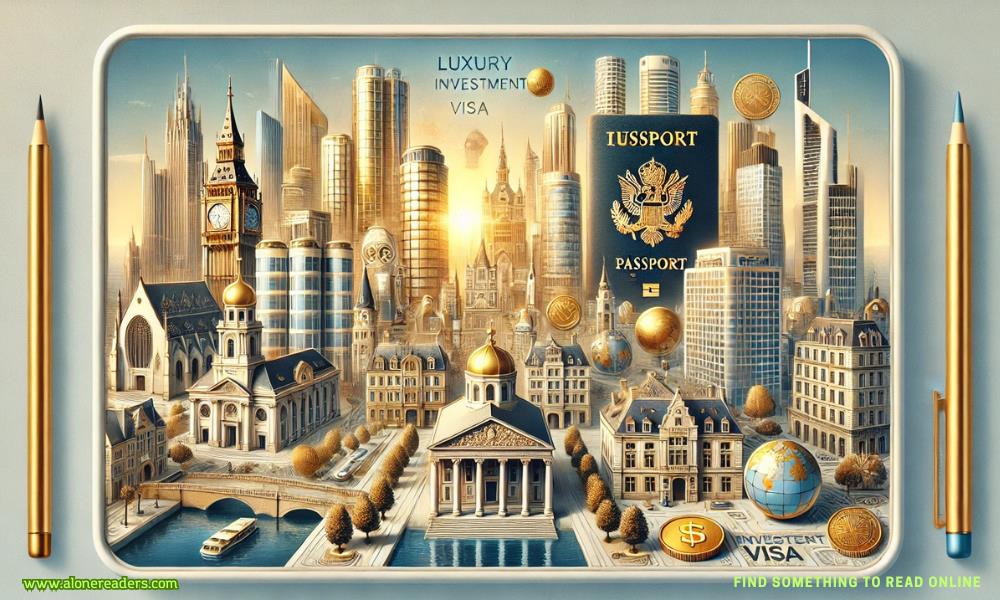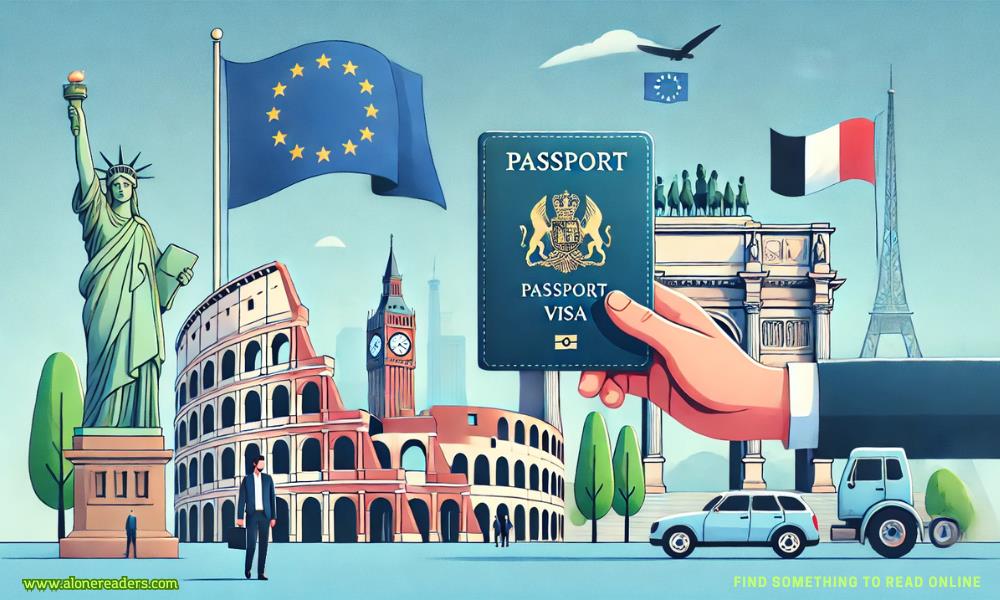Page 1 of Lovely Violent Things
1
ALCHEMY OF GODS
KALLUM: TWO YEARS AGO
“We are our own god.” I open my arms wide and pan the fifteen ascending rows of college students and alumni. I even spot two professors in the far back.
“Or,” I say, running my hand down my black cashmere tie as I leisurely circle the lectern, “we are gods. Is there a difference?”
Hands of eager students shoot up. I don’t call on anyone to answer; it’s a rhetorical question, and one that’s been posited over since the dawn of conscious humanity. If the great thinkers of antiquity didn’t have an empirical, definitive answer, then none of these ass-kissing nitwits will either.
There’s no way any one person in the course of a forty-five-minute class, or a whole textbook, or even a fuckinglifetime, can summarize over three thousand years of belief systems and schools of thought, and how our modern interpretation of it was formed.
So as I stand here, looking out over the sea of lost students, knowing they’ll likely glean nothing significant from my class, I cherry-pick the details of history in halfhearted hope they’ll form a semblance of their own opinion.
Maybe that’s almost worth my time.
A series of blackboards line the wall behind me. A projection screen is mounted between two glass block windows that have been blacked out to keep the interior of the lecture hall dim for slides.
I drift in front of the large desk and nod to Ryder, my assistant professor, to change the slide on my laptop. The image on the screen flips to a diagram of Jung’s analysis on esoteric Hermetic Tradition. I loathe having to fall back on Jungian doctrines for discussions, but his analysis is more sound in comparison to Nietzsche—but only because Jung didn’t have the balls to actually practice what he preached.
Philosophy is a discipline in study. Questioning. Thought. Theory. Metaphysics. Morality. And more thought and study and questioning until the end of fucking time itself.
It’s a rare breed of philosophy scholar who gets off the regurgitating merry-go-round and actually jumps into the abyss of the psyche. Becoming stark raving mad. Should Nietzsche be respected for his self-sacrifice, or pitied?
That’s an existential question for another lecture.
But what it does leave behind is a trail of greedy scholarly leeches ready to make names for themselves off that sacrifice. One such bloodsucker:
“Carl Jung,” I say, pointing to the screen, “was considerate enough to provide a diagram for his interpreted process of self-deification into the Higher Self.” I move to stand in front of the lectern. “Or really, the very root of which is shamanism. As so many of the modernist fail to attribute their acclaim, we can do that for them.”
A collective laugh travels around the hall. I’m not intentionally funny. Snide and mocking, yes. Smug and egotistical? Oh, fucking absolutely. I’ve earned my notorious reputation. Unlike my peers, all striving, quite pathetically, to immortalize themselves by reinventing the philosophy wheel, I’ve already established myself in academia.
Reaching one’s zenith too soon, however, leaves a long, boring trek back down the mountain.
“Jung coined his path to ascension into the Higher Self, that which has been labeled many things over the centuries—Aion,hen to pan, all is one, self-deification, Mind of God—as ‘Individuation’.” I point to the top level of the diagram on the screen.
“Every great thinker has to have their own terminology to stand apart,” I continue, “but the destination remains the same: the path to the intellectual enlightened plane of existence, the coveted philosopher’s stone where our crude base thought process is transmuted into creative genius.” I prop my elbow on the lectern. “In essence, where we get the answer to our question; wearegod, an enlightened consciousness which possesses the cosmic understanding of all things to create our will within the universe.”
I pause to allow some of my speech to seep in past late-night parties and alcohol fueled one-night stands.
“Jung’s psychological process of dividing the self from the conscious and unconscious parts, like every other concept of similar theory, remains challenged, his method incomplete and never proven.” I cock an eyebrow. “Hisprocess,” I repeat with an underscore. “Otherwise known as some strange, abstract method throughGnosticbelief systems and spiritual alchemy that, truly, no one has any fucking clue what any of it means.”
Another round of laughter.
I glance down at my hand, at the freshly inked symbols on my skin, feeling the weight of my recent sabbatical heavy on my conscience. I bury my hand in my pocket, run my tongue over the ridge of my teeth, then face my audience.
“But, it’s not what a man writes when he’s had time to form and censor his thoughts. It’s what he says, that which can be swept away by a sudden wind and questioned if it ever existed.” I walk a path across the front of the hall. “Jung posed the question: who has fully realized that history is not contained in thick books but lives in our very blood.”
The laughter and chatter quiets, silence stretching in prelude for a deeper punchline.
I spent majority of my life inside classrooms like this, studying the same philosophies that have been studied for centuries, believing I was discovering a profound wisdom. Zealous, rebellious, the bad boy of academia, my dissertation on resolving philosophical arguments acclaimed, my name already renowned before I embarked on a career within a university.
Then one trip to Cairo to research the origin of Egyptian shamanism linked to the earliest known texts of the Hermetica changed my course.
As seekers of knowledge, we ask the universe to reveal itself.
But once you see, you can never unsee.
- Three Corporate Kings and a Hands-Off Bride by Chloe Kent
- Better than Revenge by Jisa Dean
- Mountain Rancher by Stella Banks
- The Contract by Rebekah Sinclair
- No, You Hang Up by A.J. Merlin
- The Triple Play by Mia Mara
- His Dark Purpose by Felicity Brandon
- Echo and the Homicidal Sea Panda by Kelex
- His Forsaken Alpha by Kelex
- Pack Apollo by Brandy Slaven
- Pack Giroux by Brandy Slaven
- His Kingdom by Kylie Kent
- Heartbeats & Highways by Emma Slate
- Masked Mafia's Runaway Bride 2 by Alexis Lee
- Just Say Yes by Lena Hendrix
- This I Promise by Elyse Kelly







